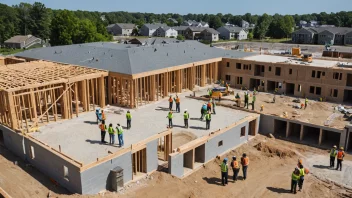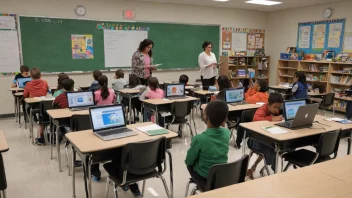Healthcare access is one of the most fundamental pillars in the struggle against poverty. Despite the clear connection between health and economic stability, millions of individuals and families around the world continue to face barriers that prevent them from receiving essential medical care. This lack of access not only exacerbates existing poverty but also perpetuates a cycle of ill health and economic hardship that is difficult to break. By understanding the critical role that healthcare access plays in reducing poverty, we can better appreciate the need for initiatives that aim to improve health services, promote education about health rights, and advocate for equitable healthcare systems.
Understanding the Link Between Health and Poverty
Poverty and health are inextricably linked, creating a vicious cycle that is challenging to overcome. Poor health can lead to reduced productivity, increased medical expenses, and lower income levels, all of which contribute to poverty. Conversely, living in poverty often results in inadequate access to healthcare, leading to higher rates of preventable diseases and poor health outcomes. According to the World Health Organization (WHO), people in low-income communities experience higher rates of chronic diseases, malnutrition, and mental health issues due to a lack of access to quality health services.
The Importance of Preventive Care
Preventive healthcare is essential for breaking the poverty cycle. Access to preventive services such as vaccinations, screenings, and health education can significantly reduce the incidence of diseases that disproportionately affect low-income populations. For example, regular health check-ups can lead to early detection of conditions like diabetes and hypertension, allowing for timely interventions that can prevent complications and expensive treatments later on. Furthermore, investing in preventive care can yield substantial economic benefits, reducing the overall healthcare costs for families and communities.
Barriers to Healthcare Access
Despite the clear benefits of healthcare access in alleviating poverty, numerous barriers prevent individuals from receiving the care they need. These barriers can be categorized into several key areas:
- Economic Barriers: High costs of medical care and lack of insurance coverage prevent many from seeking necessary treatment.
- Geographical Barriers: In rural and underserved urban areas, healthcare facilities may be scarce or non-existent, making it difficult for individuals to access services.
- Cultural Barriers: Discrimination, language differences, and cultural beliefs can hinder individuals from seeking care or feeling comfortable in medical settings.
- Educational Barriers: A lack of awareness about available health services and health rights can prevent individuals from obtaining the care they need.
Successful Initiatives in Healthcare Access
Various initiatives around the world demonstrate the effectiveness of improving healthcare access as a means to alleviate poverty:
- Community Health Workers: Programs that train local individuals to provide basic health services and education in their communities have proven successful in increasing access to care in low-income areas.
- Mobile Clinics: Mobile health units that reach remote or underserved populations can provide essential medical services and education about health and wellness.
- Telemedicine: The rise of telehealth has made it easier for people in rural or isolated areas to connect with healthcare providers, reducing the need for travel and associated costs.
- Public Health Campaigns: Initiatives that educate communities about preventive care and available resources can empower individuals to take charge of their health.
How Individuals Can Get Involved
Individuals can play a significant role in promoting healthcare access and reducing poverty in their communities. Here are some ways to get involved:
- Volunteer: Join local health organizations or NGOs that focus on healthcare access and poverty alleviation.
- Advocate: Support policies that aim to expand healthcare access and protect health rights for marginalized populations.
- Educate: Share information about available health resources and services within your community, especially among those who may be unaware.
- Support Local Initiatives: Engage with and support local health initiatives that aim to improve access for underserved populations.
Conclusion
Access to healthcare is not just a basic human right; it is a crucial factor in the fight against poverty. By ensuring that individuals have the necessary resources to maintain their health, we can help break the cycle of poverty and create more equitable societies. Initiatives aimed at improving healthcare access, along with the active participation of individuals, communities, and policymakers, can lead to a future where everyone has the opportunity to live a healthy life. As we continue to address the pressing global issues of poverty and health disparities, it is essential to recognize the interconnectedness of these challenges and work collaboratively towards sustainable solutions.






